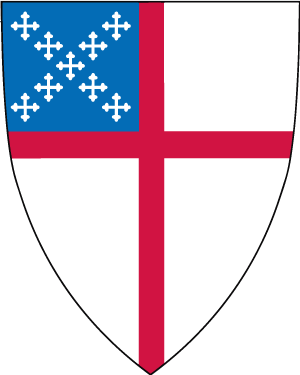Opera at Oakhurst - April 4-8, 2024
Rapture and Calamity: Extremes of Passion in Opera
There are good grounds to claim that over the centuries the most persistent subject in all of the arts has been love in its infinite expressions. This is especially so with opera, though with a particular emphasis. Opera from its start has been noted for its extravagance; it resides more comfortably at the extremes of experience rather than at the median; and above all, it both exalts and anathematizes passion, often in the same work. In every period attempts have been made on stage to harness passion by subjecting it to rigorous moral discipline, but invariably that rigor fails to control passion and operas end, sometimes in celebrations of sensuality, more frequently, in calamity.
Both the violent self-destructiveness of passion and the redeeming power of love will be the theme of Opera at Oakhurst 2024. It is a capacious subject, and we will devote five days to exploring its treatment on the operatic stage over four centuries. The Baroque opera is marked by the most delightfully bizarre perspectives on sexual love, which offer a rare mix of farce and pathos, especially in the operas of Monteverdi, such as Il coronazione di Poppea (Venice, 1643), and those of his pupil Cavalli, such as Giasone (Venice, 1649) and La Calisto (Venice, 1651). After considering the Baroque we examine how this theme was treated by five of the greatest operatic composers. Perhaps there is no opera in which love is treated as ironically as it is in Mozart’s Don Giovanni (Prague, 1787), where the libertine hero meets his spectacular deaths as the libertine values of the European Enlightenment collide with the eternal forces of divine retribution. We will, for the first time in several years at Oakhurst, return to Wagner’s Ring which includes, arguably, the most pathos-laden tragedy in operatic literature – Die Walküre (Munich, 1869) – one of the supreme expressions of Romantic love and its agonizing destruction by a brutal society. Our survey of the classic repertoire will end with Verdi’s Otello, the one opera that equals in stature the Shakespearean play on which it was based and which demonstrates in purest form the theme of the self-destructiveness of passion.
This self-destructiveness has perhaps obsessed our own age even more than previous times. Puccini’s Madama Butterfly (Milan, 1904) offers an intensely tragic though possibly gentler exposé of our theme, while Richard Strauss’ eruptive shocker Salome (Dresden, 1905) casts a Freudian light upon one of biblical history’s most notorious figures. We will end the weekend by considering two of the greatest masterpieces of post-World War I opera, Janáček’s deeply moving tragedy, Kát’a Kabanová (Brno, 1921), and Shostakovich’s boisterously apocalyptic opera, Lady Macbeth of Mtsensk (Leningrad, 1934), which mixes the extremes of harsh satire with the grimmest of tragedies.
The seminar will be composed of talks by Professor Williams, who will also lead discussions on the operas we are studying. Talks will be illustrated by ample musical and video excerpts and three complete operas will be played in evening sessions. As we have done for many years now, there will be a vocal concert by young professional singers on the Saturday evening.
As always, Professor Williams’s talks will include video and recorded extracts that will provide access to the fascinating and mysterious world that links opera and religion. Participants will greatly benefit from familiarizing themselves with the operas that form the central study of the weekend. Suggestions for preparation, including a bibliography, will be sent to participants after they have registered.
Our low price covers everything!
In addition to lodging and Professor William’s wonderful instructional seminars, our pricing includes all regular meals, from Thursday’s arrival social and dinner to Monday’s departure lunch, with Saturday afternoon tea and the grand finale social and banquet on Sunday.
$997.00 Per Person Double Occupancy; $1,157.00 Per Person Single Occupancy
$737.00 Per Person Commuter (includes everything but lodging)
Opera at Oakhurst 2024 Brochure [PDF]




